Michigan Technological University – H-STEM Engineering and Health Technologies Complex
Michigan Technological University (MTU) partnered with HED to design a new H-STEM Engineering and Health Technologies Complex to support interdisciplinary education and research, featuring adaptable learning spaces.
Michigan Technological University (MTU) continues to experience growth in the number of faculty and students involved in health-related/human-centered STEM research and education, placing unsustainable demands on its current facilities. MTU partnered with HED to envision a new H-STEM Engineering and Health Technologies Complex to meet this growing demand.
This interdisciplinary center will support integrated educational programs to apply engineering and science to the complex issues related to human health. The building provides adaptable learning and laboratory spaces for Biology, Biomedical Engineering, Chemistry, Chemical Engineering, Kinesiology/Integrated Physiology and the Health Research Institute (HRI). MTU benefits from the design as it allows these programs to work together in flexible collaborative spaces to support advanced learning; foster innovation and prepare a future-oriented, technologically skilled workforce.
As one of the leading STEM universities in the Midwest, MTU’s ongoing research includes support from the American Heart and Lung Associations, Gerber Foundation, Portage Health Foundation, National Institutes of Health, and the National Science Foundation. The proposed H-STEM project will boost interdisciplinary collaborations between scientists and engineers to empower discovery and the invention of new technologies. It will support workforce and economic development in the State of Michigan to strengthen the University’s role as a leader in STEM education and innovation.
The proposed addition organizes primary programmatic functions – shared laboratory spaces, open graduate spaces, and faculty spaces – in parallel ‘bars’ providing maximum flexibility and allowing for future adaptability. Centralized shared spaces promote active learning and reinforce the multidisciplinary nature of the program and MTU’s collaborative culture. Research and teaching labs have predominantly glass walls both inside and out, making spaces highly visible and promoting ‘research on display.’ The H-STEM Complex will be a showcase facility that has a positive impact on health-related research and education and the recruitment of faculty and students.
Design: HED
Photography: courtesy of HED

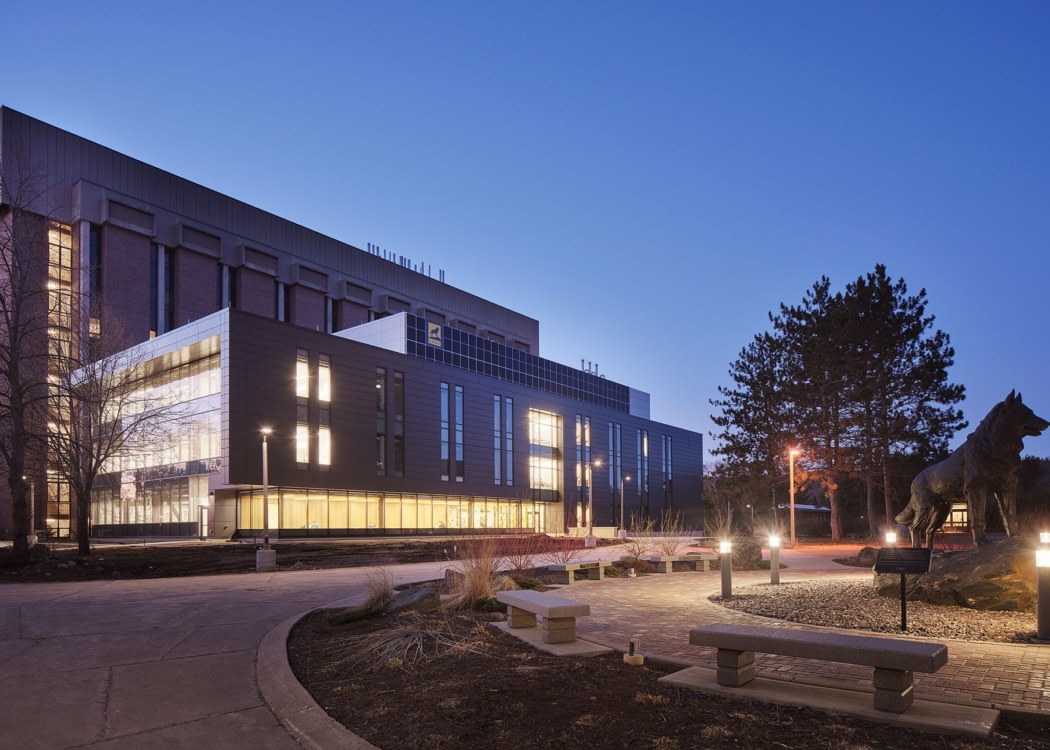
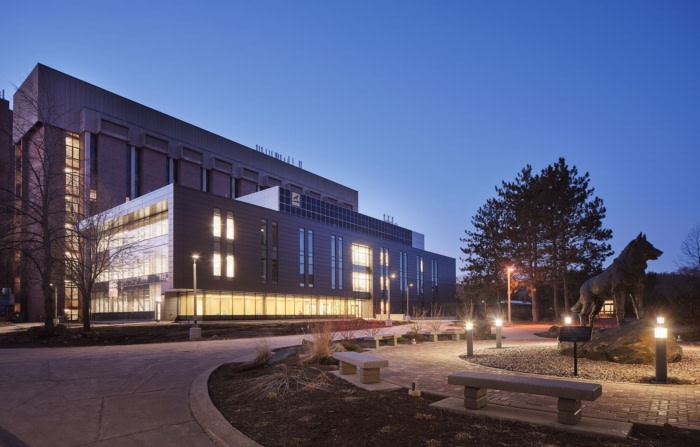
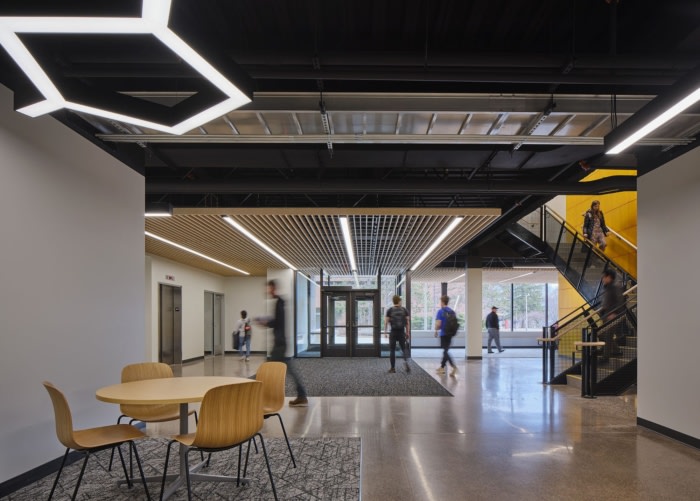
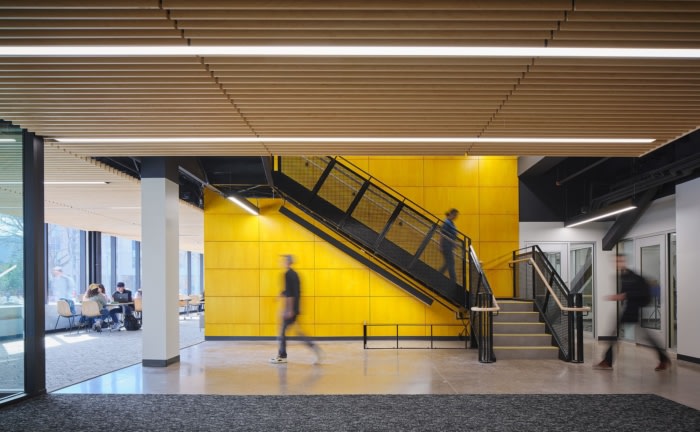
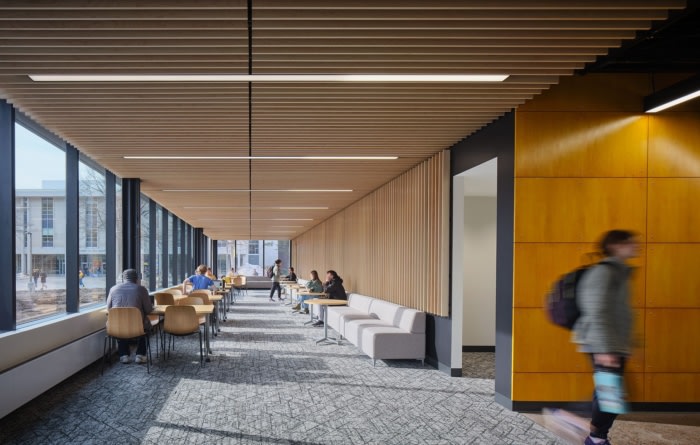
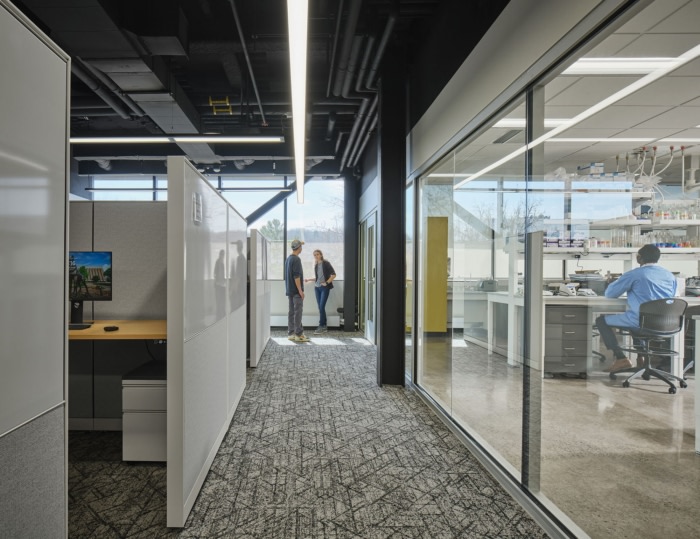
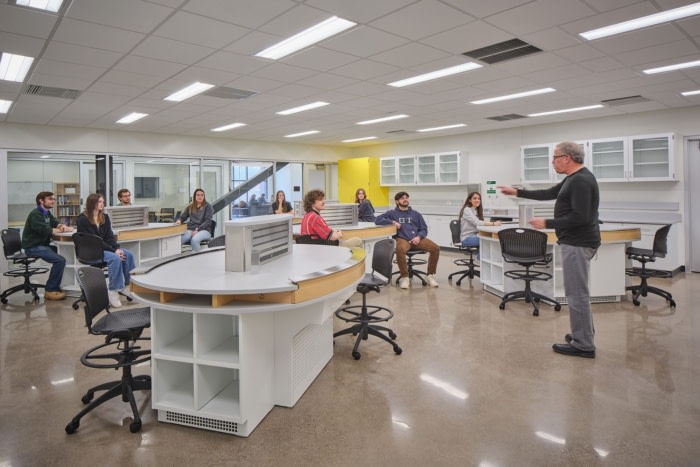
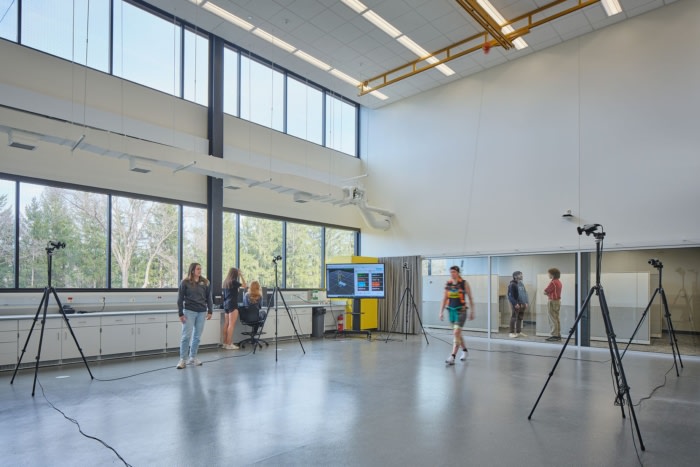
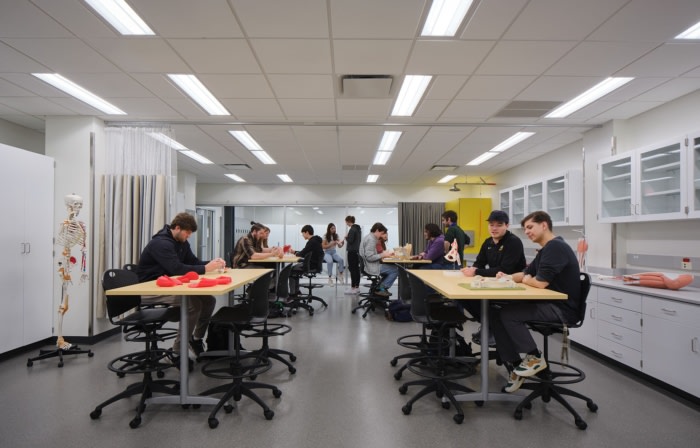
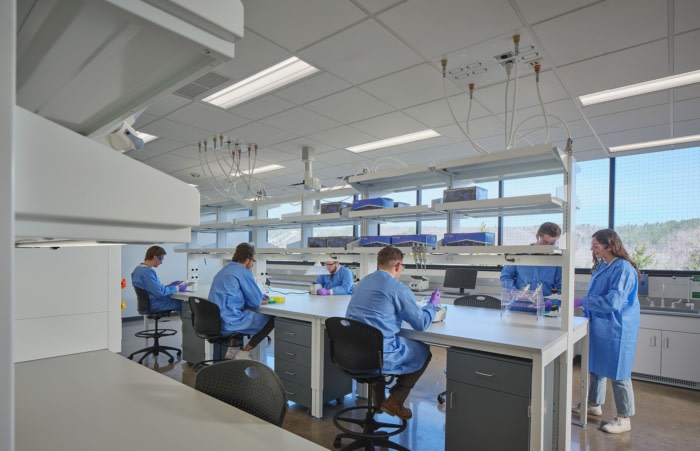


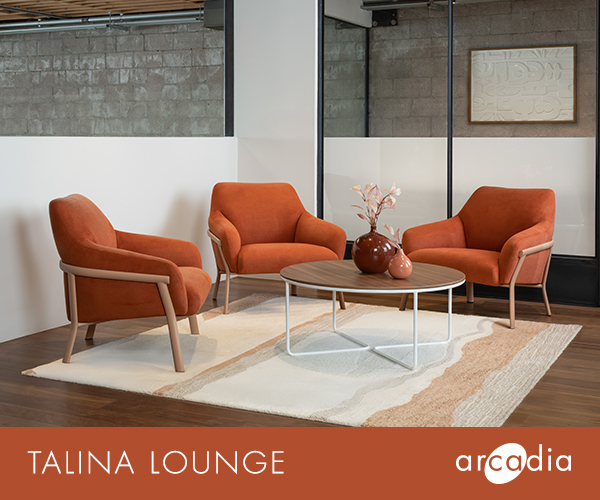
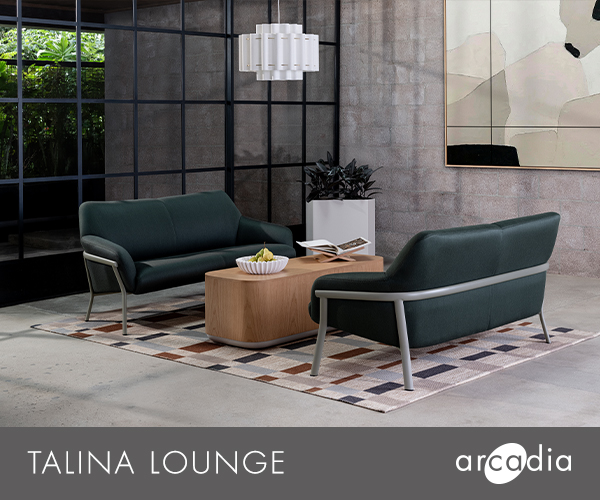
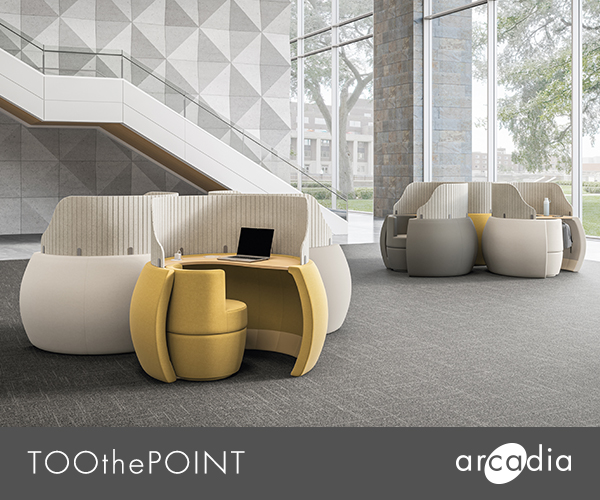



Now editing content for LinkedIn.